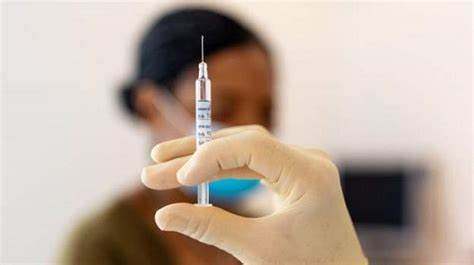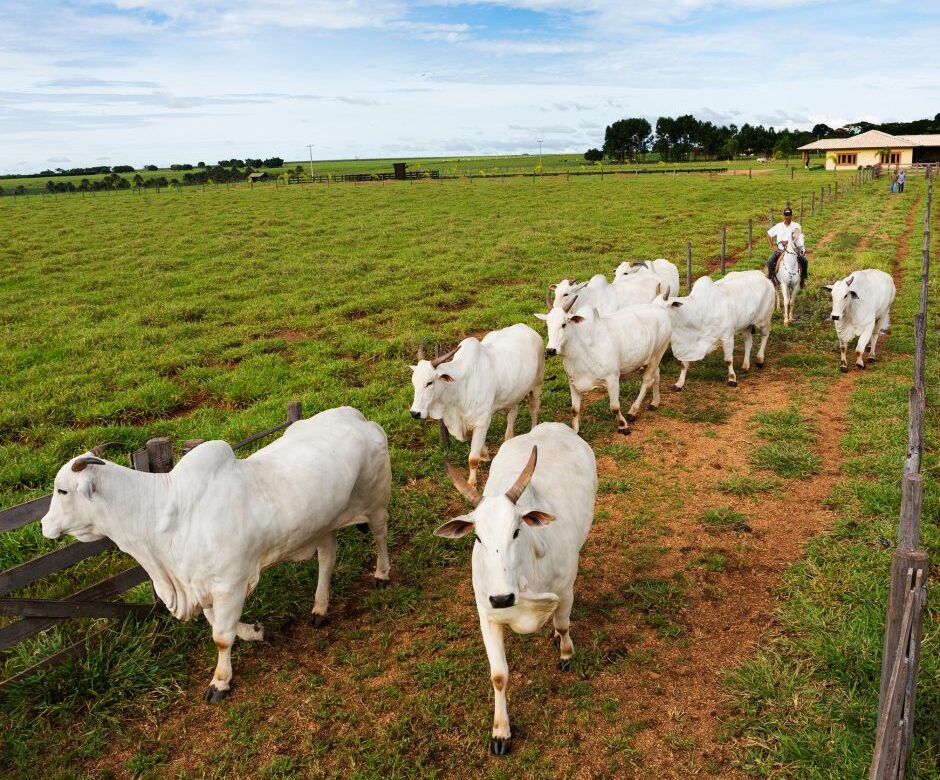EU commits 32 million euros to vaccine production in Ghana
- Uncategorized
- No Comment
- 252

The European Union (EU) has committed EUR 32 million to boost vaccine production in Ghana under the Manufacturing and Access to Vaccines, Medicines and Health Technologies in Africa Initiative (MAV+).
The MAV+ is a global initiative backed by the EUR 1 million from the EU budget and the European Investment Bank to help create an enabling environment for local vaccines manufacturing in Africa.
Mr Irchad Razaaly, Ambassador of the European Union to Ghana, who was speaking at an event held in Accra to announce the support, said the funds would tackle barriers on both vaccine supply and demand.
He said the MAV+ existed because the EU acknowledged the complexity and urgent needs of the vaccine manufacturing sector.
“A country that aspires to become a vaccine-manufacturing hub needs a 360-degree approach that is aimed at establishing a thriving ecosystem for the production of vaccine and drugs,” he said.
In April this year, the EU through the European Investment Bank (EIB), provided five million as seed grant funding to the vaccine -manufacturing unit at DEK vaccine limited.
Mr Razaaly said the EU also joined the German Development Corporation in a project aimed at upgrading the vaccine licensing capacity of Ghana’s Food and Drugs Authority (FDA).
Vaccine licensing, he said, was crucial to ensuring that vaccines made in Ghana met the quality standards that would see them gaining access to regional and global markets.
He said about weeks ago, the GAVI Board approved the African Vaccine Manufacturing Accelerator, a financing instrument that would make up to USD 1 billion available support for sustainable vaccine manufacturing.
He said with the above support and others from the EU and development partners, Ghana was well positioned to access the resources needed to continue its ambitious vaccine manufacturing agenda.
Mr Razaaly said the EU looked forward to supporting Ghana to develop a national vaccine policy to help lay down conditions for the government’s take-off of domestically produced vaccines.
Dr Anthony Nsiah-Asare, Presidential Advisor on Health, said the government was working tirelessly to ensure that Ghana became a vaccine manufacturing hub.
By Vincent Ashitey




